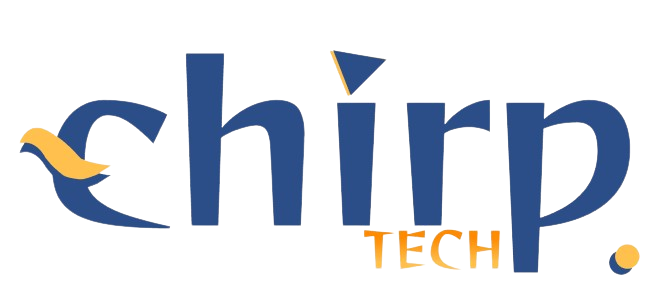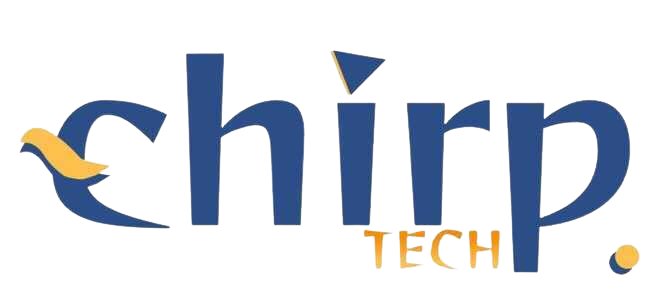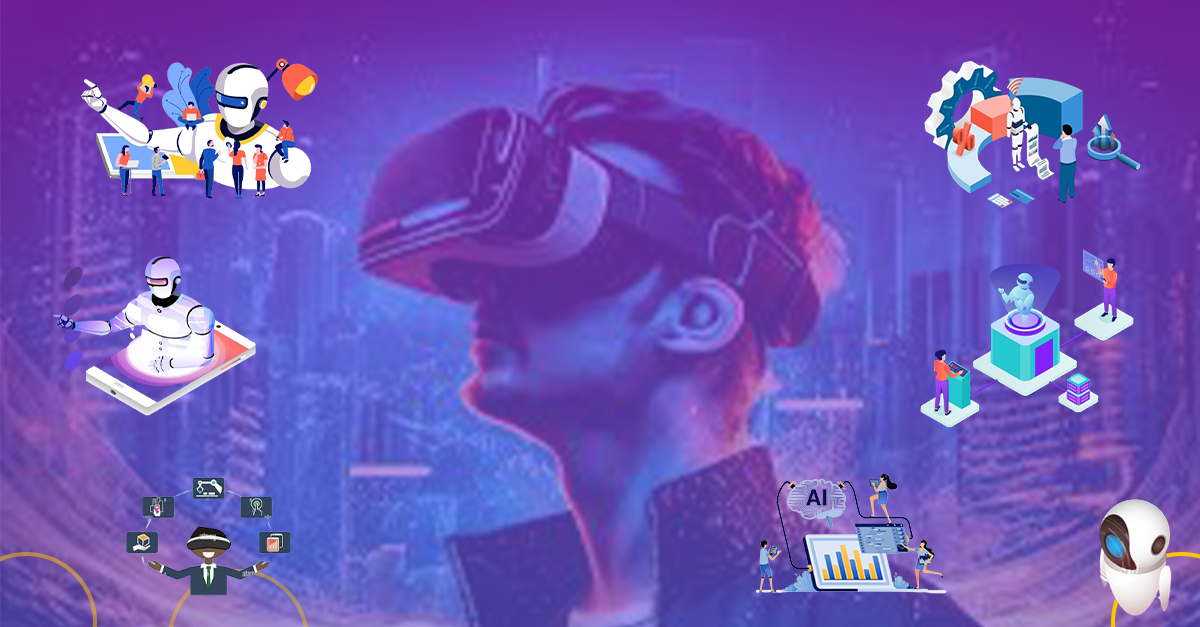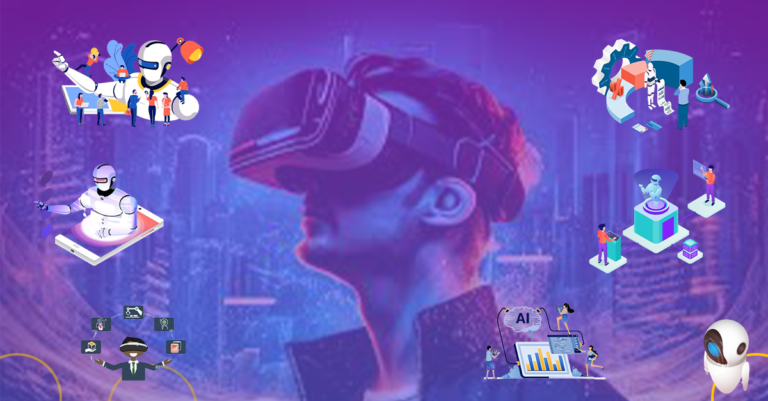The Unification of Artificial Intelligence and Internet of Things: Revolutionizing Connected Systems
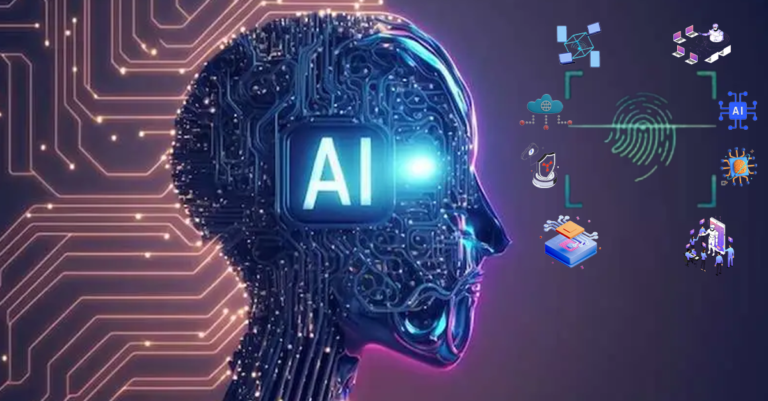
In the ever-evolving landscape of technology, the fusion of Artificial Intelligence (AI) and the Internet of Things (IoT) stands as a beacon of transformative potential. AI, endowed with the ability to simulate human intelligence, and IoT, an expansive network interconnecting devices, have converged to redefine industries and societal frameworks. This amalgamation AI seamlessly integrated with IoT systems is not merely a merger of technologies but a catalyst for unprecedented innovation and efficiency across various domains.
Grasping the Essence of AI and IoT
AI: Catalyzing Intelligent Decision-Making
Artificial Intelligence represents the development of algorithms enabling machines to learn, reason, and act autonomously. Machine Learning (ML) and Deep Learning (DL), subsets of AI, empower systems to comprehend data patterns, extrapolate insights, and evolve through iterative learning processes.
IoT: Enabling Interconnectedness and Data Exchange
The Internet of Things embodies a vast ecosystem of interconnected physical devices capable of collecting and sharing data. These devices, ranging from sensors to everyday appliances, communicate over networks, fostering real-time data transmission and enabling remote monitoring and management.
The Symbiotic Relationship of AI and IoT Advanced Data Analytics and Insights
Integration of AI with IoT devices facilitates the analysis of colossal data streams generated by these devices. AI algorithms discern patterns, anomalies, and correlations within this data deluge, unlocking actionable insights that drive informed decision-making across industries.
Predictive Maintenance and Optimization
The synergy between AI and IoT heralds predictive maintenance capabilities, particularly in sectors like manufacturing and utilities. By analyzing real-time data from sensors embedded in machinery, AI predicts potential faults or maintenance requirements, allowing proactive interventions to curtail downtime.
Emergence of Smart and Autonomous Systems
The convergence of AI and IoT births intelligent, autonomous systems capable of independent decision-making based on data analysis and learned behavior. Examples range from autonomous vehicles navigating dynamically through traffic to smart cities optimizing resource allocation for energy efficiency.
Transformation of Healthcare and Well-being
The integration of AI with IoT devices revolutionizes healthcare by enabling continuous monitoring of vital signs through wearable devices and sensors. AI algorithms analyze this data in real time, empowering early detection of health anomalies and enhancing personalized patient care.
Navigating Challenges and Embracing Future Trajectories Addressing Security and Privacy Concerns
In our modern interconnected landscape, the proliferation of interconnected devices within AI-IoT ecosystems has significantly increased the potential vulnerability to cyber threats and data breaches. This heightened risk underscores the critical need for comprehensive and robust security measures.
Encryption, a fundamental component of cybersecurity, involves encoding data to prevent unauthorized access. Robust encryption protocols, including AES (Advanced Encryption Standard) or RSA (Rivest-Shamir-Adleman), are crucial in ensuring the confidentiality and integrity of sensitive information transmitted across these interconnected devices.
Authentication protocols play a pivotal role in verifying the identity of users or devices seeking access to the network or data. Implementing multifactor authentication, biometric recognition, or digital certificates adds layers of security, reducing the risk of unauthorized access.
IoT Integration for Enhanced Comfort and Operational Efficiency
The Internet of Things (IoT) has revolutionized hospitality operations. Smart room controls, IoT sensors, and connected devices optimize guest comfort by adjusting room settings based on individual preferences. Additionally, IoT-driven solutions streamline housekeeping, resource management, and maintenance, enhancing operational efficiency and reducing costs.
Standardization and Interoperability Imperatives
The diversity in IoT devices and platforms poses challenges to seamless integration and interoperability. Establishing standardized protocols and frameworks becomes crucial to ensure smooth communication and data exchange across diverse systems.
Envisioning Future Prospects and Innovations
The synergy between AI and IoT foretells further advancements. Edge computing, where AI algorithms operate directly on IoT devices, promises reduced latency and enhanced efficiency. Moreover, AI’s role in optimizing IoT networks and resource management is poised for expansion.
In conclusion, the amalgamation of Artificial Intelligence with the Internet of Things signifies a pivotal juncture in technology, reshaping industries and societal paradigms. The collaborative potential of AI and IoT heralds a future characterized by smarter, interconnected systems that transcend current limitations. This fusion not only redefines technological landscapes but also promises a future marked by unparalleled innovation, efficiency, and transformative possibilities across diverse sectors and daily lives.
